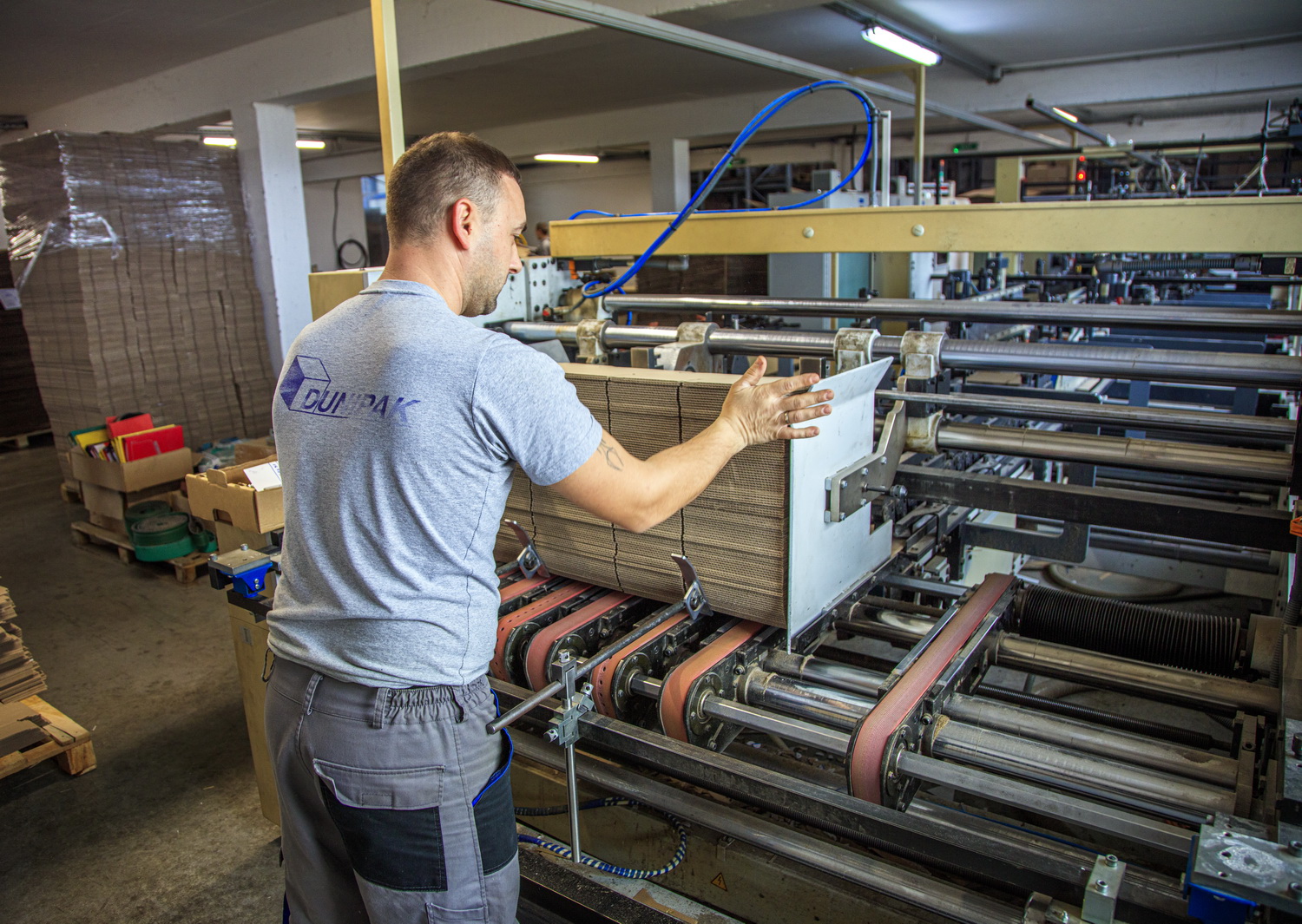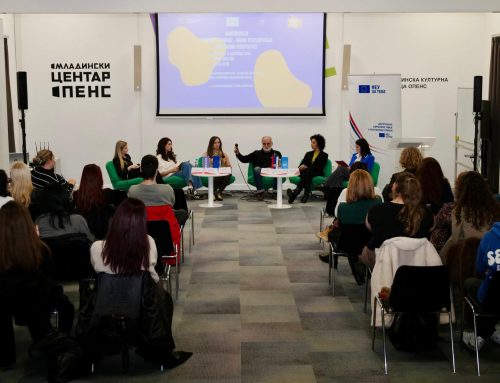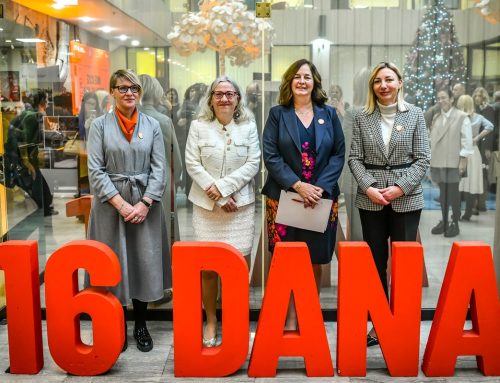Dunipak is a successful family business in Serbia which is in the process of transitioning to the second generation. Companies like this make up more than 60 per cent of all companies in Europe but face key issues as they grow, including corporate succession and governance. The EBRD’s assistance helped the family to structure their business for the future.
Entering the packaging sector in the 1990s, Dunipak produces a variety of boxes for food, textiles, automotive and other industries for many established customers. The company expected further growth in the coming years, considering the industry’s constant growth, especially now with dramatically increased online sales due to Covid-19 lockdowns. To achieve this, as a medium-sized company, it needed to improve its organisational structure, production efficiency, warehouse management and logistics, to make the business more efficient and competitive on the market.
Uncharted territory
“We were at a crossroads with our future path for the company. We were in the process of passing the business from one generation to another and needed to implement changes which would allow the company to continue to grow,” explains Dušan Deljanin, Sales Director and son of the company founder. “Until recently our father was on top of everything, and now my brother and I need to continue the business, and it’s a big challenge for us.”
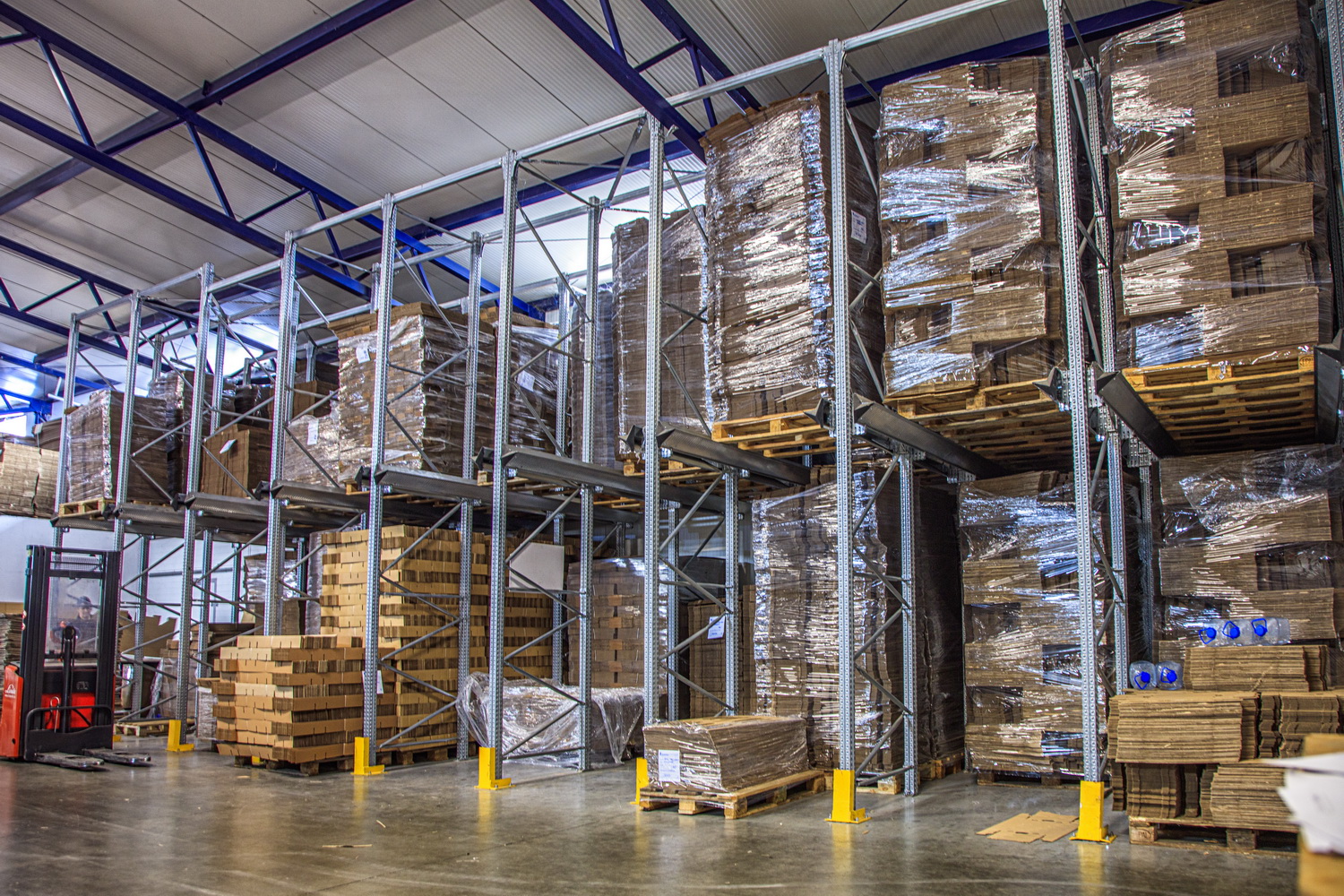
As is often the case with family firms, Dunipak had neither a clear organisational structure nor well-defined responsibilities. Family members were in charge of both sales and management, and there was no proper information and knowledge sharing system.
“Family members used to decide about everything and we kept all this important information about clients and work in our heads, without a proper system or the possibility to let this knowledge trickle down to other employees. Now we have reached a point where decentralisation is necessary and where we need to appoint managers who will be in charge of different areas of work.”
Seeking guidance
To address these challenges, the family decided that they needed external support, so the company reached out to the EBRD’s Advice for Small Businesses programme. This programme supports SMEs by connecting them with experts who provide advice and know-how in a wide range of areas, from strategy to operations, quality management, financial reporting, energy efficiency and more. The programme, which is funded by the European Union, has supported hundreds of businesses in Serbia already.
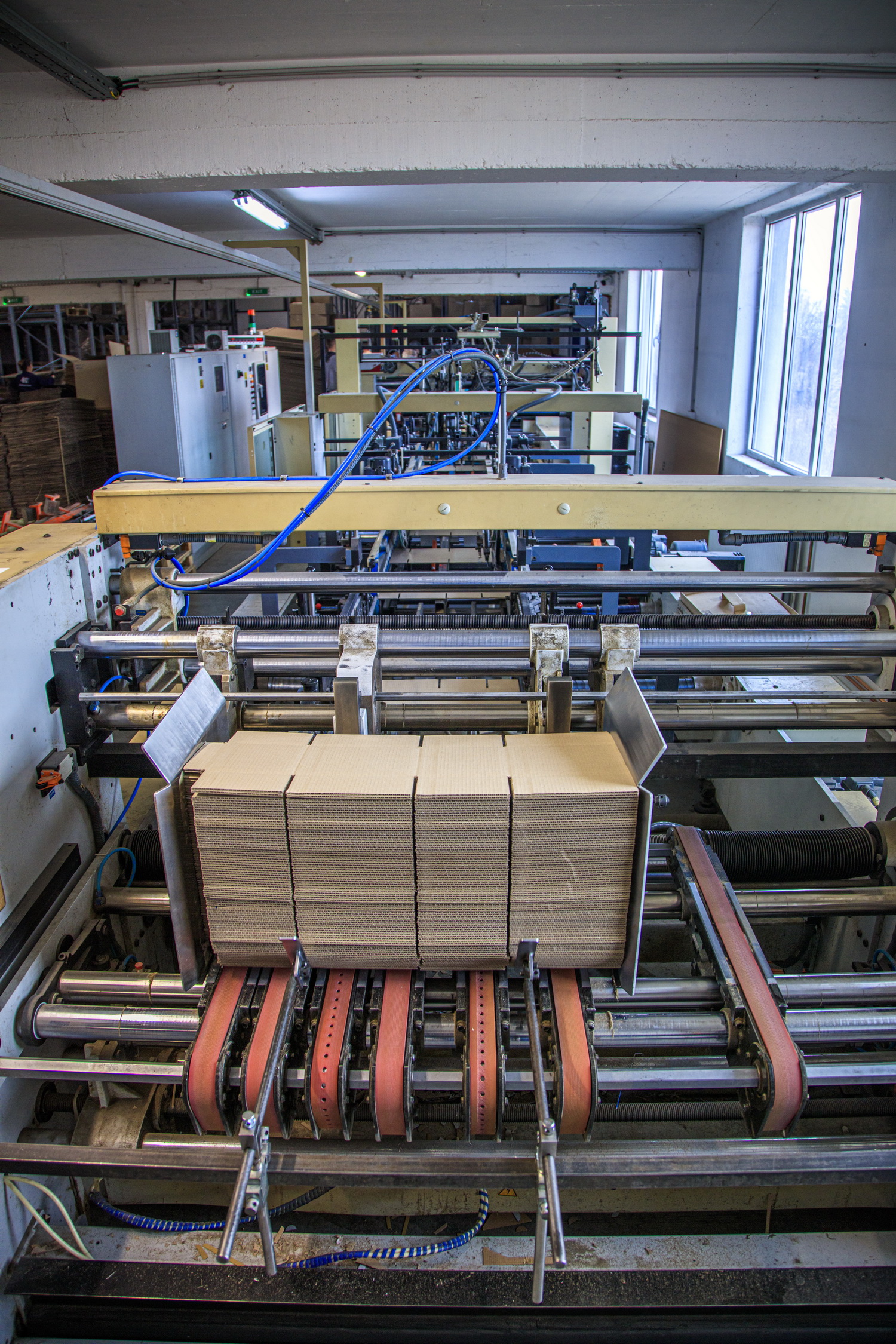
“Dunipak was in a very typical situation as with many other family-run firms in Serbia, and we have worked with over 50 of them. They fall into the so-called ‘owner’s trap’, which means the owner is involved in all aspects of business, doesn’t know how to delegate and doesn’t have a clear picture of the business. This is how the company can enter a stagnation phase,” explains Miljan Kostić, a consultant who worked with the company on a project to improve organisation and management.
To pull the company out of this trap, the consultants and Dunipak agreed to introduce an organisational structure by sector. They established three separate sectors: production and logistics, sales, and finance, and they appointed new managers for each sector.
Bountiful rewards
After only one year with the new structure, sales increased by 37 per cent, while operational costs significantly reduced.
The owners agree that they benefited greatly from the new structure and the work with consultants.
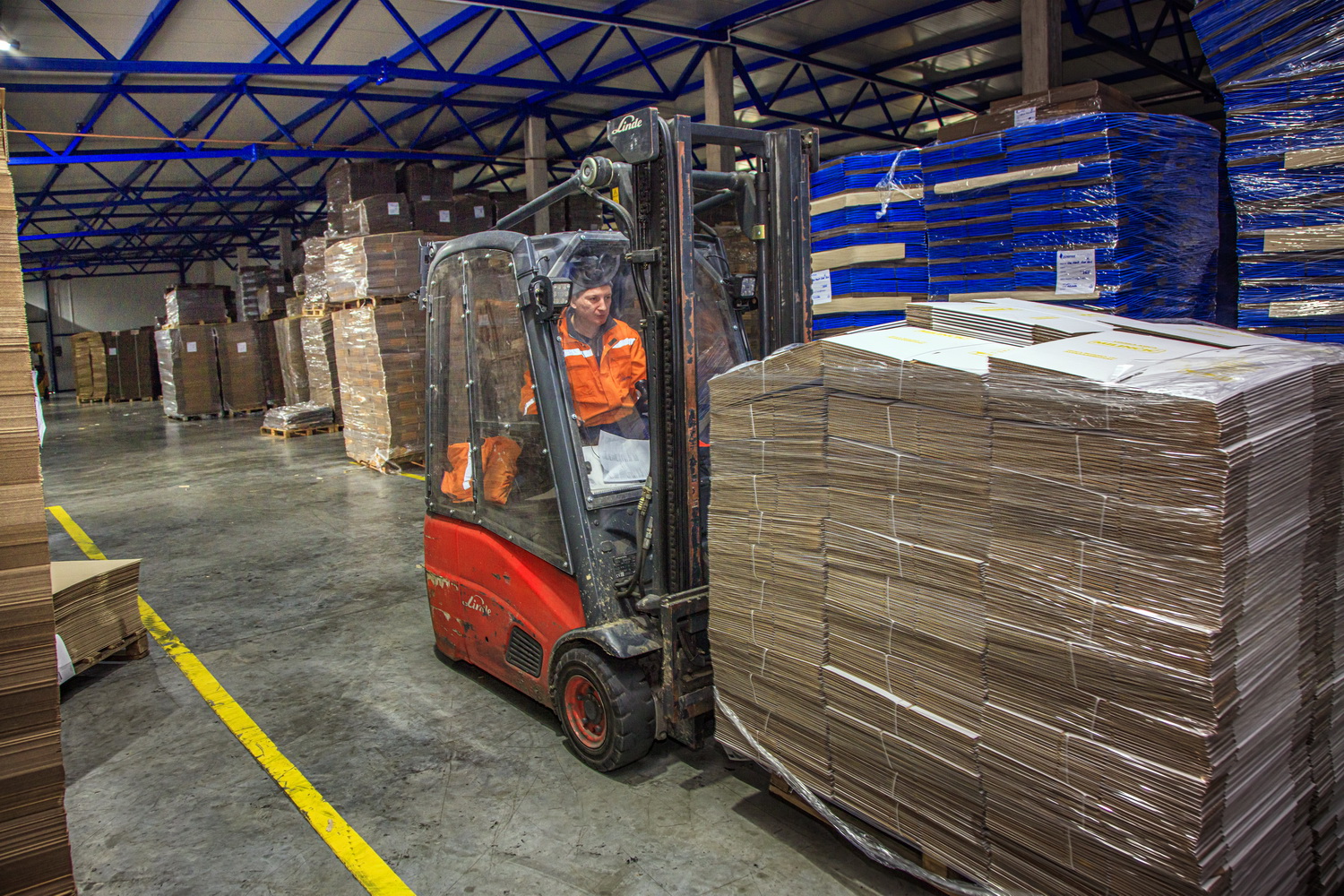
“When I compete with myself, I’m always the winner, and this is how we felt as a company at a certain point. We felt that we needed somebody from the outside world to give us an independent assessment and to nudge us to implement some changes – something that we had been putting aside for a long time because we always felt that there was something more urgent to do,” adds Dušan.
“My advice to other family businesses is that they should establish a proper organisational structure, delegate responsibilities and quantify and measure their goals. As the business grows, it will not tolerate being led by the owner’s intuition and guesswork. Now we monitor both productivity and sales, we have measurable goals, and we know how good we are at any given time,” he concludes.

